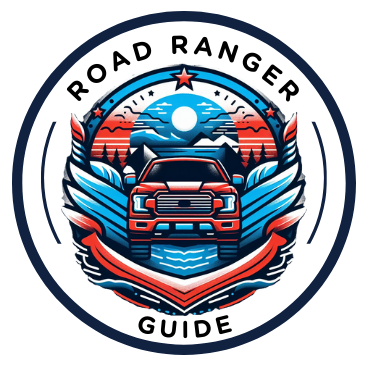
We’ve all seen it—drivers weaving in and out of lanes without signaling, leaving other drivers confused and unsure of what will happen next. In all my years of driving, I can honestly say it happens every minute out on the roads, but what most people don’t realize is that not using your turn signal while driving can cost you more than just a few glares from other drivers. Let’s take a look at why using your turn signals is so important, and why the financial costs of not using them can be steep.
The Financial Cost of Not Using Turn Signals
In addition to the obvious safety implications, there is also a financial cost associated with not using your turn signal when turning or changing lanes. Most states have laws requiring drivers to use their turn signal when changing lanes or making turns, and those who fail to do so can face hefty fines. In some states, such as California, failing to use your turn signal can result in fines of up to $100 plus court fees! That’s not chump change! Even if you don’t get caught by police officers, you may still end up paying for it through higher insurance costs if you’re involved in an accident due to not signaling correctly.
The Safety Cost
But it isn’t just about money; there are also major safety risks associated with not using your turn signals when you drive. Turn signals are an essential tool for keeping drivers safe on the road. They alert other drivers to your intentions and allow them to react accordingly, reducing the risk of an accident or collision. Unfortunately, many drivers are unaware of just how important these little blinking indicators can be. According to research from AAA, up to 2 million crashes per year in the US alone could be prevented if all drivers used their turn signals properly. That’s a staggering number that represents billions of dollars in damages each year—all avoidable if everyone simply remembered to hit their blinker!
The Bigger Picture
The reason I started The Road Ranger Guide was to share my many years of driving knowledge and make everyone’s driving experience that much better and more enjoyable. I’ve whittled my driving knowledge down to four tenants or Guides to follow. I will share the most important guide here, as all the other guides fall under its umbrella. The number one guide to becoming a better driver is – CONSIDERATION. Being considerate is perhaps the most important part of being a great driver, as it is not only about following traffic laws but also about understanding and respecting other drivers. Being a great driver does not just mean knowing which pedal to move when, it means being aware of your surroundings and putting yourself in someone else’s shoes. It means considering that others may need more time to turn or wait for a vehicle in the opposite lane to pass before you accelerate. Being considerate implies showing patience and courtesy while on the road, setting an example for other drivers by doing small things like letting an elderly person cross the street safely or slowing down near a school zone. Compassion goes a long way in driving, as paying attention to others’ needs can ensure everyone remains safe on their journey. In the grand scheme of things, it’s about being a better human behind the wheel.
In Conclusion
There are serious consequences associated with failing to use your turn signal while driving. Not only does it put you and other drivers at risk of an accident, but it also can end up costing you money in fines and higher insurance premiums down the line. The next time you get behind the wheel, remember this article and make sure you always hit your blinker when turning or changing lanes, as well as be considerate of everyone else on the road! Doing so will help keep everyone on the road safe and save you money in the process; it’s a win, win.
Watch out for the next article where I will delve into the second most important guide to driving and focus primarily on what to look for when shopping for a dashcam.
The Road Ranger is always interested to hear your comments, and answering your questions related to driving or how to become a better driver, and as always, thanks for stopping by. Stay safe and remember you have the power to make the road a safer place.
